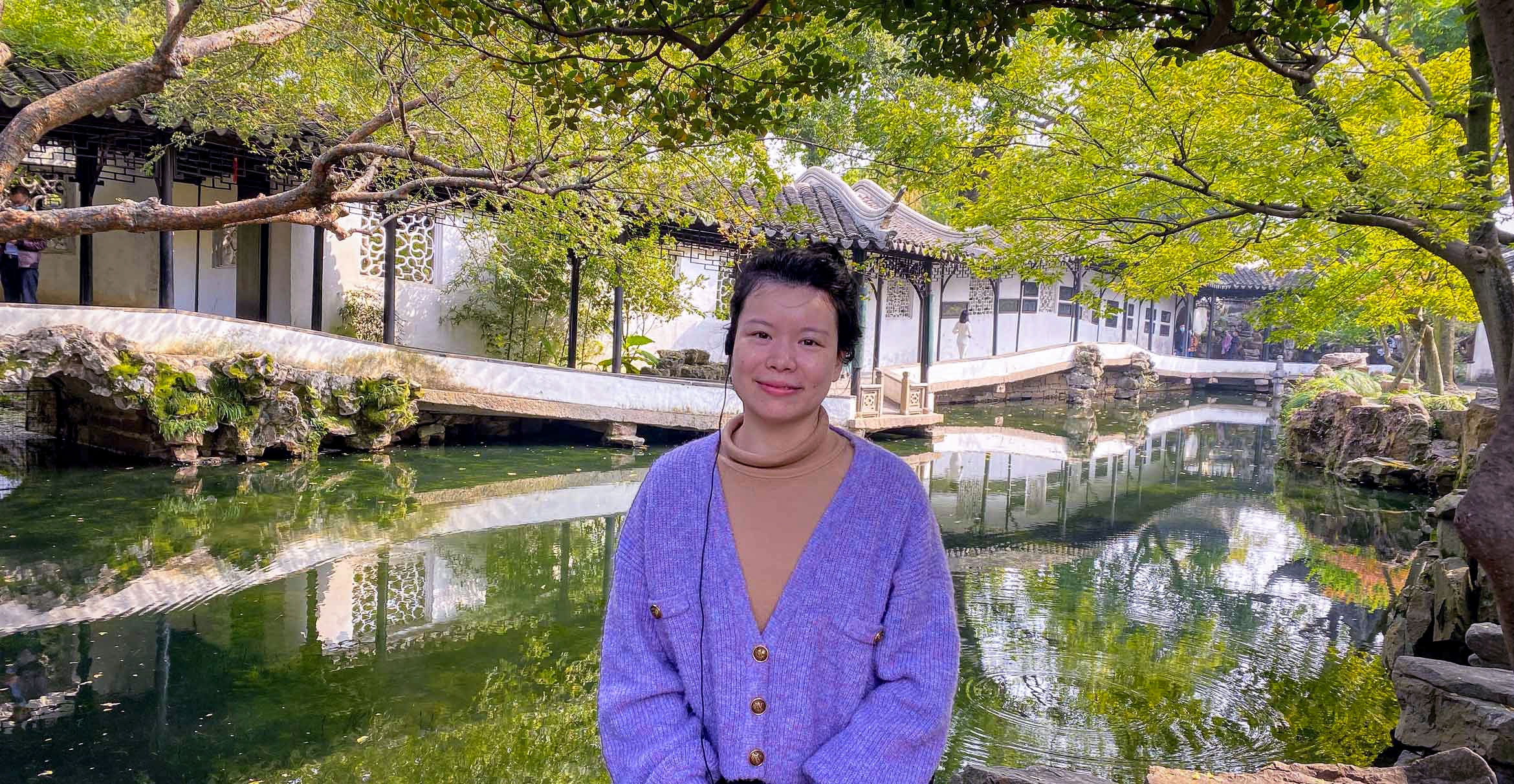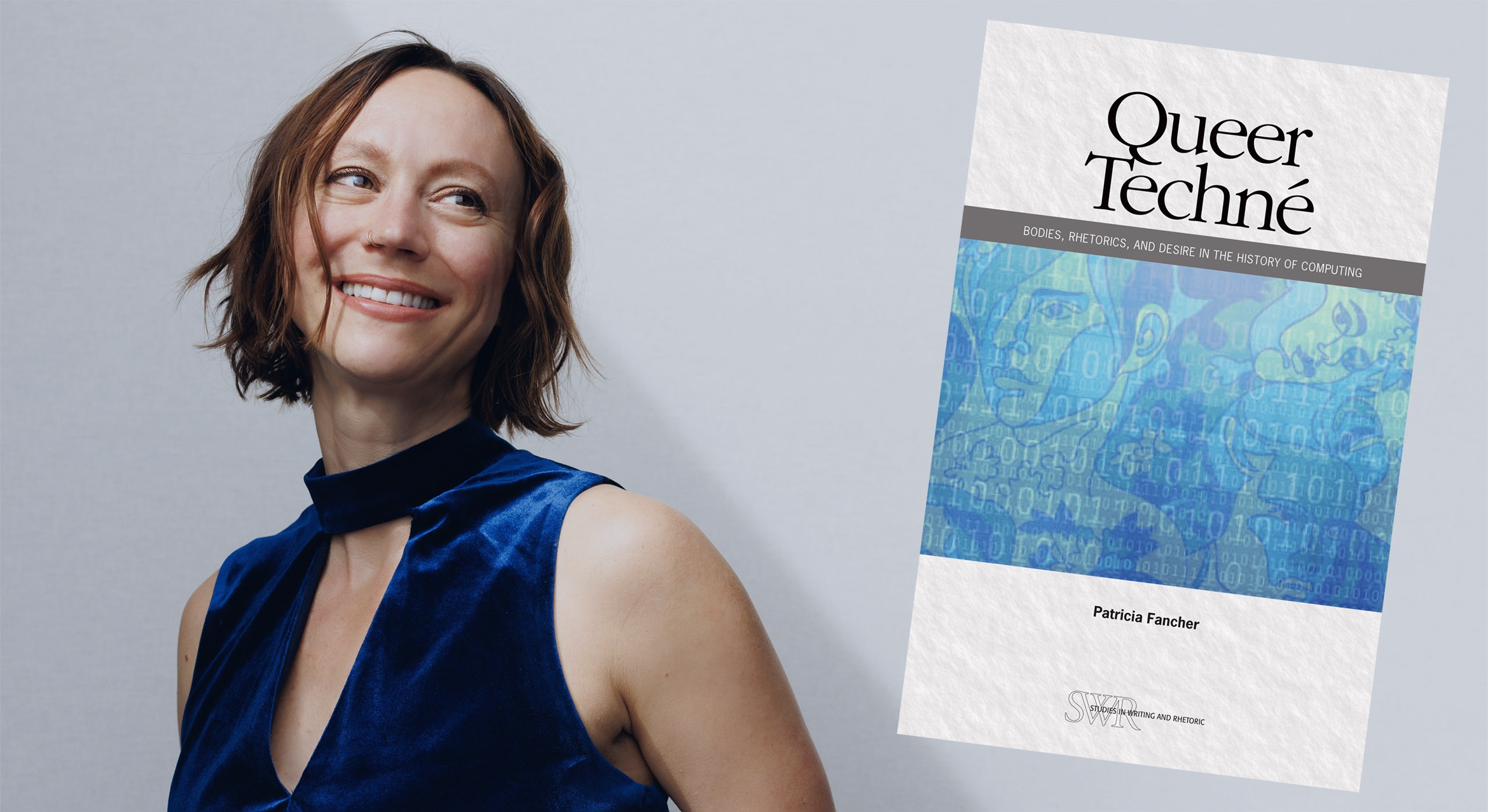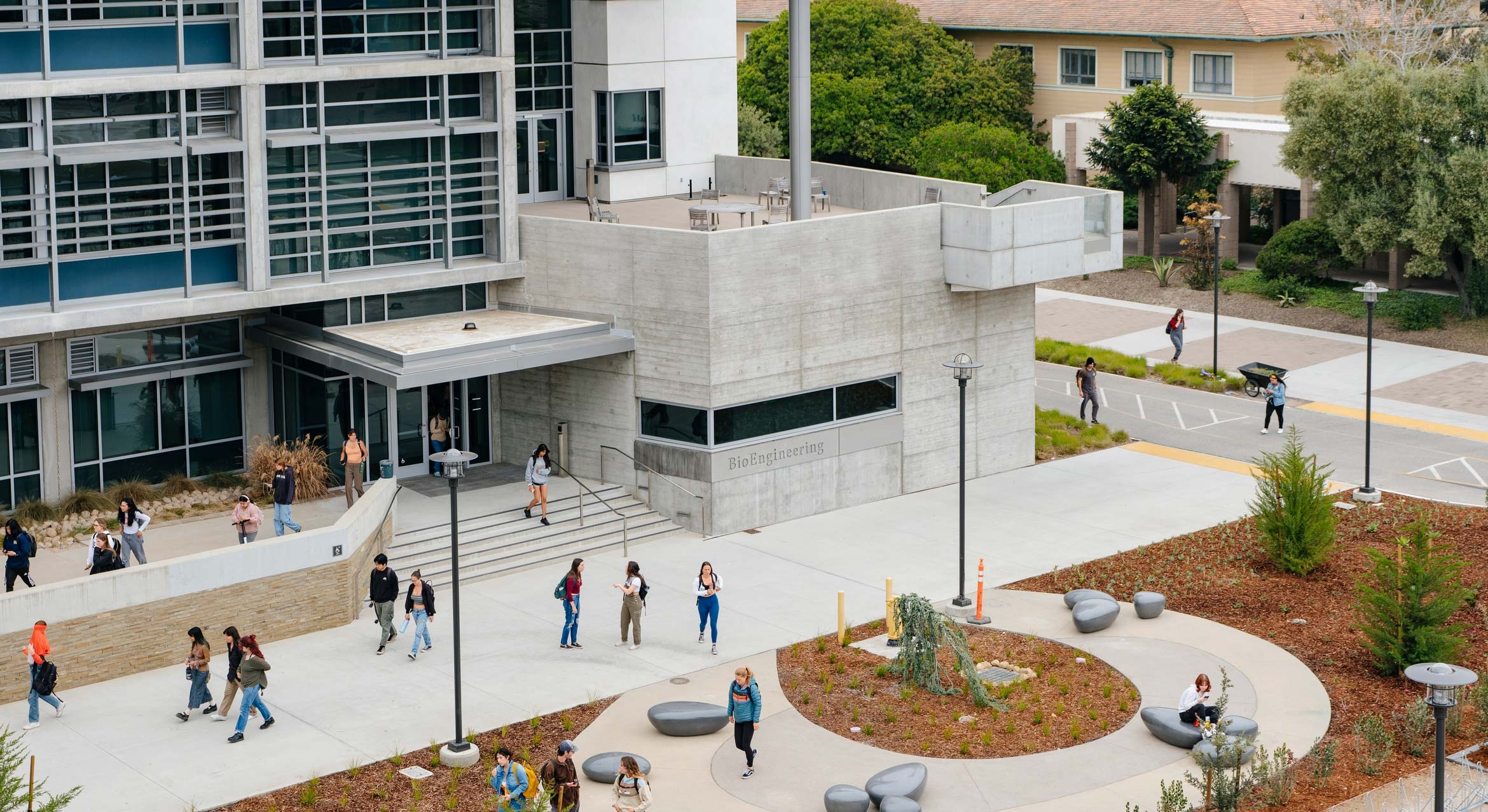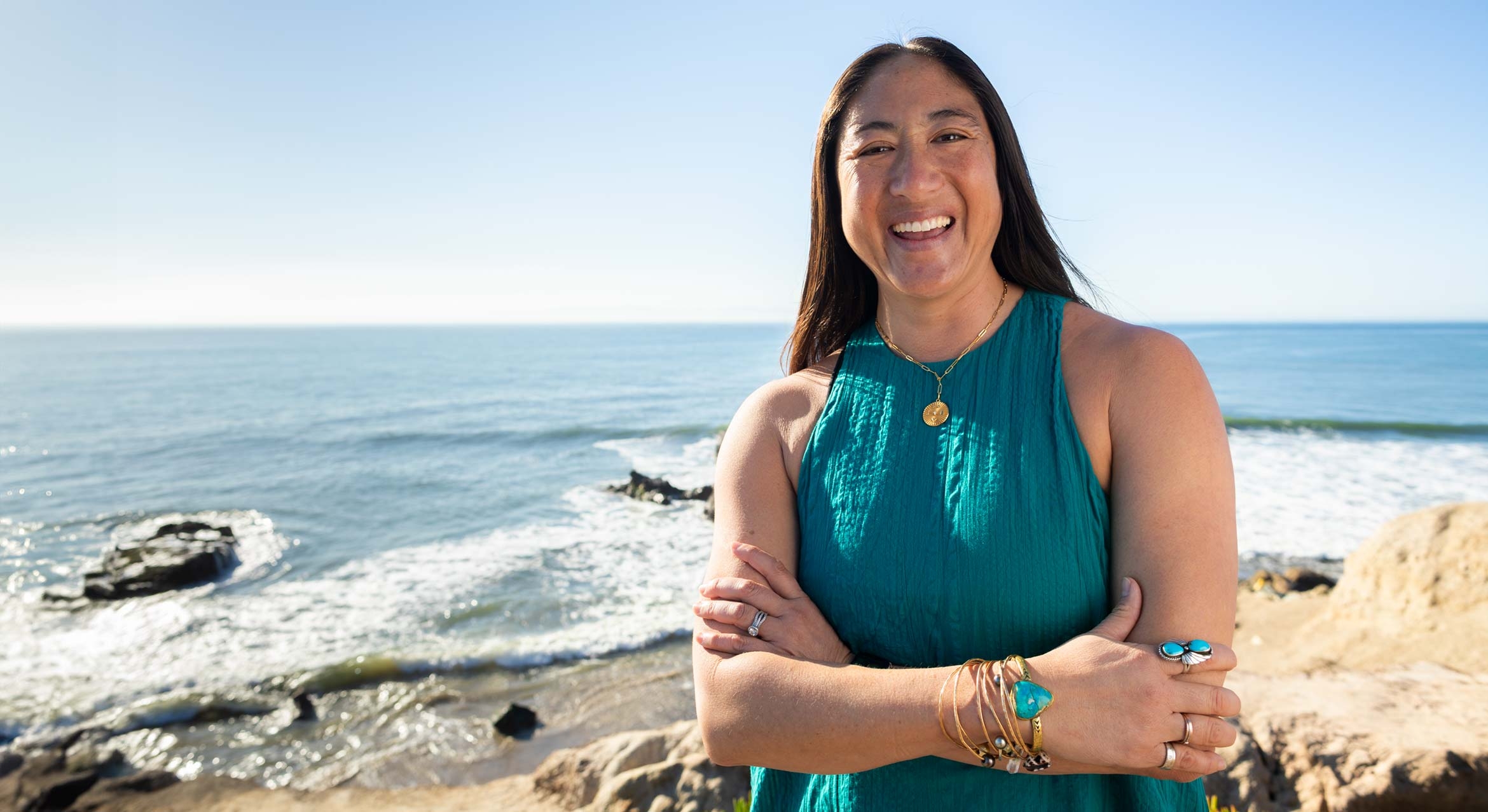
Chloe Zhang graduates with a doctorate in school psychology and a passion for helping children from marginalized communities
When her best friend Tomas was struggling with depression and schizophrenia, Chloe Zhang was by his side as he went through therapy and psychotherapy. As he began to benefit from these experiences, Zhang began to consider a career in applied psychology. At the time, as an exchange student from Peking University in China, she was studying Spanish philology at the Autonomous University of Madrid. But after her experience with Tomas, she shifted her career focus, earned a master’s in school counseling at the College of William and Mary and now, at this year’s Commencement, a doctorate in school psychology from UC Santa Barbara.
For Zhang, who was born in a small city in southern China, becoming a Ph.D. was not only a career milestone but the summit of a personal goal she has had since childhood. She and her five siblings were raised by her grandparents after her parents migrated to another city for job opportunities. It was her grandfather that influenced her early in her life to pursue a doctorate. Despite not having the opportunity for proper schooling themselves, he and Zhang’s grandmother valued education highly.
“My grandpa attended middle school and could not continue in school because his father passed away and Grandma had to drop out of school in second grade to help her family,” she said. “My grandpa’s hope for us was that all of us could at least get a master’s degree and one day he could become a ‘Ph.D.’s grandpa’ when we grew up.”
A first-generation student and a third-culture individual, Zhang speaks five languages. During her graduate studies, she was extensively involved in school-based research on increasing access to services for disadvantaged students and improving a school’s multi-tiered system of support (MTSS).
“Chloe has been an outstanding student in the school psychology doctoral program for multiple reasons,” said Shane Jimerson, professor of school psychology in the Gevirtz School of Education, and Zhang’s dissertation advisor. “In addition to her immense talents, she brings a wealth of knowledge and experiences across cultures and contexts as a multilingual learner and international student.
“Her vision for the future of the field of school psychology is expansive, recognizing the importance of considering the cultural and contextual factors that influence the educational experiences of children and families across the U.S. and around the world,” Jimerson added. “Her scholarship and contributions to the field of school psychology have already emphasized the importance of transnational knowledge, utilizing methodologies and collaborations with international colleagues to advance our knowledge and understanding of important topics — both in the U.S. and around the globe.”
Topics that Zhang has studied include student engagement, supporting healthy youth development and learning for all children, as well as understanding the importance of promoting cultural congruity in schools.
“My research mission is to produce translatable knowledge to help all children reach their full potential,” Zhang said. A particular goal for her is to reduce service barriers for minoritized groups. In doing so, she studies evidence-based practices for serving English Language Learners (ELLs), culturally responsive training for aspiring school psychologists, and reducing systemic barriers to the meaningful engagement of families from marginalized communities.
After graduation, Zhang will head to the University of Houston for postdoctoral research on foster-care children who have anxiety and sleep difficulties. “In the future, I plan to be a scholar focusing on psychology-related translational science,” she said.
The greatest thing she has learned at UCSB? “Everyone is doing the best they can with what they know and the resources they have,” Zhang said, adding that with that understanding, she is compelled “to critique the systems of power and combat existing educational disparities based on race, class, disability and gender.
Debra Herrick
Associate Editorial Director
(805) 893-5446
debraherrick@ucsb.edu



